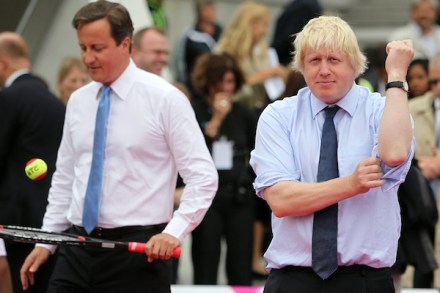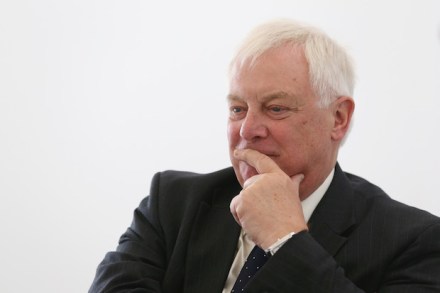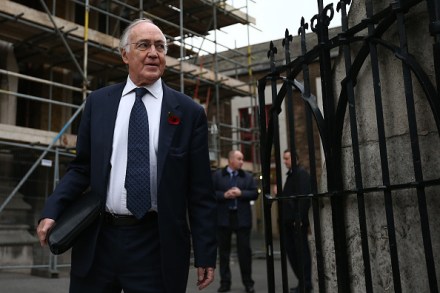Watch: Tom Watson jokes about Labour’s misery
Although the Tories currently find their party divided over Europe, they can at least take heart that the opposition face greater internal conflict. In fact, rather than attack Matthew Hancock in the Commons today over the Cabinet’s Brexit issues, Labour’s deputy leader Tom Watson opted to make a joke about his own party’s misery: ‘Mr Speaker sadly I am not in the strongest of positions to lecture the poor minister on handling splits in his own party.’ Watson did at least manage to find time to take a small jab at the Conservatives. He asked the minister whether he really believed that Jeremy Heywood’s decision to ban SpAds from providing ministers with material that could be used to support Brexit would really

















